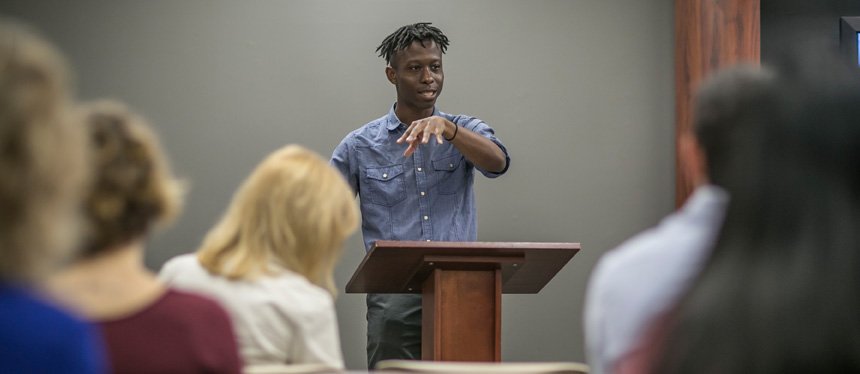Core Values
Core Values
Core Values
Historical Knowledge
- To understand the complexity of historical causation and change over time.
- To understand the influence of political, economic, cultural, social and environmental forces on historical experience.
- To understand the ways in which race, class, gender, ethnicity, region and religion impact historical experience.
Historical Thinking
- To understand that learning history means learning to understand unfamiliar beliefs, cultures, systems, and structures.
- To appreciate the complexity and diversity of events, situations and mindsets in the past.
- To understand the problems inherent in historical sources: including an awareness of a range of viewpoints, conflicting and incomplete material, and the limitations of knowledge and the danger of simplistic explanations.
Historical Skills
- To recognize that not all statements are equally valid and that historians operate with rules of evidence that are a component of intellectual integrity and maturity.
- To read and analyze secondary texts and primary documents critically by addressing issues of content, context, purpose, and perspective (primary documents include written, visual and material sources).
- To develop research skills including:
- the ability to gather, organize and synthesize large quantities of evidence;
- the ability to formulate appropriate questions and provide answers using valid and relevant evidence and argument;
- the ability to organize sources in the correct bibliographic format.
- To construct reasonable historical arguments in written and oral formats.
- In written form, it should demonstrate the ability to present evidence and argument in clear and coherent prose
- In oral form, it should be demonstrate the ability to sustain an reasoned argument, to listen and engage in debate, and to amend views when persuaded by new evidence and/or arguments.
Learning Goals
Graduates will distinguish and characterize specific periods of historical experience in multiple societies.
Graduates will describe historical events and developments in terms of continuity, change and causation.
Graduates will critically analyze primary and secondary sources.
Graduates will use and properly cite primary and secondary sources in their written work.
Graduates will understand historiography.
Graduates will gain basic mastery of research techniques in history.
Learning Outcomes
Students know and understand historical facts and contexts.
Students can identify and critically analyze an argument in a secondary source.
Students can use and analyze a broad range of primary sources in a written paper.
Students can communicate clearly and effectively in written and oral formats.
Students can develop an interpretation based on historical evidence.
Students can demonstrate an awareness of interpretive differences.




